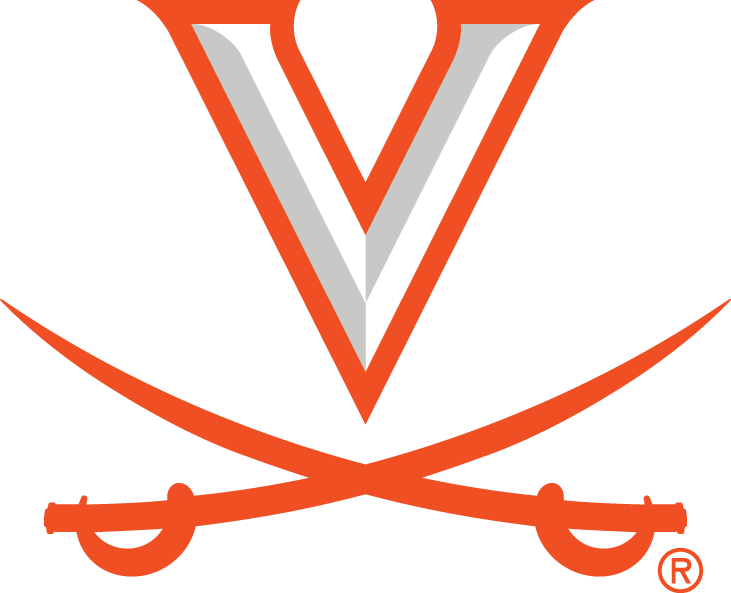By Jeff White (jwhite@virginia.edu)
VirginiaSports.com
OMAHA, Neb. — The roster has turned over multiple times, and staff members have come and gone during the 16-year span in which the University of Virginia baseball program has made seven trips to the Men’s College World Series, with an NCAA title in 2015. But there have been three constants: head coach Brian O’Connor, associate head coach Kevin McMullan and associate athletic trainer Brian McGuire.
The contributions of O’Connor and McMullan to the Cavaliers’ success have been well-documented. The profile of the staffer known as B-Mac is lower, at least outside Disharoon Park, but that doesn’t lessen McGuire’s value to the program.
“When you have players turn down millions of dollars to come and play college baseball, you have to have somebody by your side every day who knows what they’re doing, and he’s elite,” O’Connor said. “He’s one of the keys that make us go. There’s no question about that. And his loyalty to this program, his commitment to the young men, it’s just tireless. He has long days, and it’s every day, and he is detailed and thorough and just passionate about helping those guys be the best they can be.”
McGuire came to UVA from Virginia Commonwealth University, where he’d been clinical director of physical therapy in the sports medicine center, before the 2002-23 academic year. In his first year at Virginia, McGuire served as the athletic trainer for Cavalier women’s basketball and also worked with the baseball program.
Back then, graduate assistants would handle athletic training for UVA baseball while pursuing their master’s degrees. “It was a one-year position, and it would turn over every year,” McGuire said Thursday.
In addition to working with Debbie Ryan’s basketball program, McGuire oversaw the student athletic trainer for baseball in each of his first two years in Charlottesville. That’s how he got to know O’Connor, who came to UVA from Notre Dame in the summer of 2003.
“After my first year was over, one of my requests was that we hire a full-time athletic trainer just for baseball,” O’Connor said.
McGuire wanted the job. He’d enjoyed his interactions with O’Connor, and “I think he’d realized how meticulous I really was, and how concerned and how detail-oriented I was,” McGuire said.
Even so, he wasn’t sure in which direction O’Connor wanted to go. The baseball offices were then based on the top floor of the McCue Center, and McGuire will never forget the visit he paid to O’Connor one day. “I knocked on his door kind of tentatively and kind of poked my head in, and I was like, ‘Coach O’Connor, I know there’s a baseball job open and I would really, really like to interview for that position, because I think it would be a good fit.’ ”
O’Connor agreed, and McGuire’s professional life changed. He joined the program on a full-time basis for the 2004-05 school year. “Twenty years later,” McGuire said, “it’s been nothing but phenomenal.”
